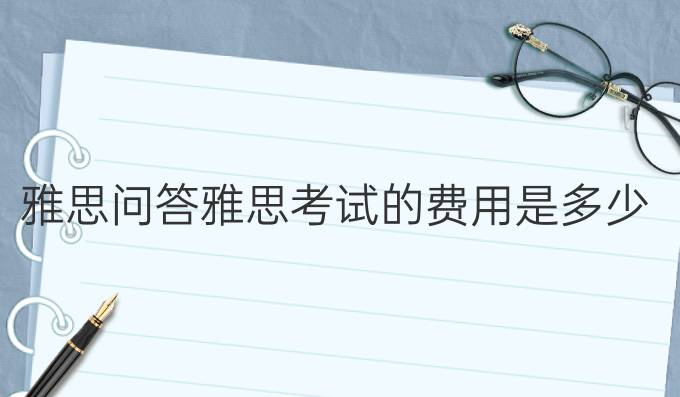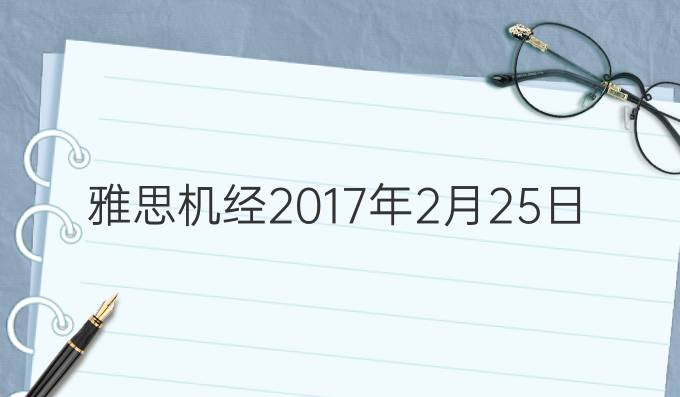今天,就带大家来了解一下雅思考官必问的口语考试话题:name,大家在参加雅思口语考试的时候,第一件事就是进行自我介绍,希望这些内容能够帮助到大家!

4. Why are some Chinese names very similar to each other?
As such the personal given name carries not only the function of the designation, but also the hope or wish the name-giver has for the name-bearer. People often find the following cases in classical given names: 因为很多人的名字不仅仅是个代号,而是代表了给他们起名字的人的希望或者愿望,人们一般选择以下这些名字:
·Respect for ancestry. The specific way is to add before the name of forefathers characters like xi(希), zun(尊), xue(学), zong(宗), jing(敬), yang(仰), mu(慕), etc. And from the new name, e.g. Qian Zongni(钱宗尼),Yu Muyuan (于慕渊), Fang Jingyu(方敬御).
·Wish for virtues and morals. The Chinese lays much value on the virtues and morals the young generation is hope to obtain. So characters like de(德,virtue), ren(仁,love, benevolence), yi(义,justice, righteousness), xin(信, trust, faith), qian (谦, modeaty) frequently show up in the names before. For example, Cao Mengde(曹孟德), Liu Xuande(刘玄德),Zhu De(朱德).
·Hope for fortune and prosperity. People like fortune and noble life and so they often express their hope in names they give to children and the names thus convey the hope or wish of the name-giver. One will easily find what hope or wish the name-giver has when the following names are given: Li Guangli(李广利), Liu Chuanfu(刘传富), Gai Kuanrao(盖宽饶), Wang Fugui(王福贵), Qian Guang(钱广), Chen Yonggui(陈永贵), Wei Maofu(魏冒富), Zhang Deli (张德利).
·Avoidance of bad luck or diseases. As they like fortune and prosperity, people do not like diseases nor bad lick. The following names are of the kind: Huo Qubing(霍去病), Sima Xiaonan(司马消难), Xin Qiji(辛弃疾), Feng Quji(冯去疾), and Sun fenji(孙逢吉).
·Wish for longevity. Longevity is what people wish for and this wish is held in a lot of names. For example, Mao Yanshou(毛延寿), Zhang Chengshou(张承寿), Xu Zhenshou(许增寿). Shou(寿) means longevity. The following given names are also very popular: Yannian (延年), Danian(大年), Wanling(万龄), Songling(松龄), and Heling(鹤龄).
5. How are babies given their names in China?
·The parents think about how they want their child to be recognized... and then go from there.
·Maybe they want something unique, traditional, family-oriented, etc.
·Some people waited until the baby was born and evaluated her personallity, and applied a name accordingly.
·People have always showed particular concern for the meaning, appearance and sound when they name children. It is expected that a name given by the father or grandfather carries their wish, hope, pursuit, aspiration, generation, etc. This name must be rich in the name-giver’s wish or intention and it should also be pleasant in form and sound.
·I know some people choose to name their children after family members, either living or deceased. For westerner, If they are Christian, they may name their child after someone in the Bible--John, Luke, Simon, Micah, Rebecca, etc. If they are Catholic, they may choose to name their child after a particular saint.我知道有些人以家里的成员起名,不论是否在世。对于西方人来说,如果他们是基督教徒,可能给孩子以圣经中的人物命名,比如John,Luke,Simon,Micah等等。如果是天主教徒,可能会选择用某些圣者的名字来给孩子起名。
6. Do people in China ever change their names?
·Yes, when people get married in the past, or if they don't like their names, or their parents divorced, or they don't like their family... there are many reasons someone would change their names.
以上就是为各位小伙伴带来的雅思考官必问的口语考试话题:name,希望各位考生都能考到自己满意的分数哦!
.png)






